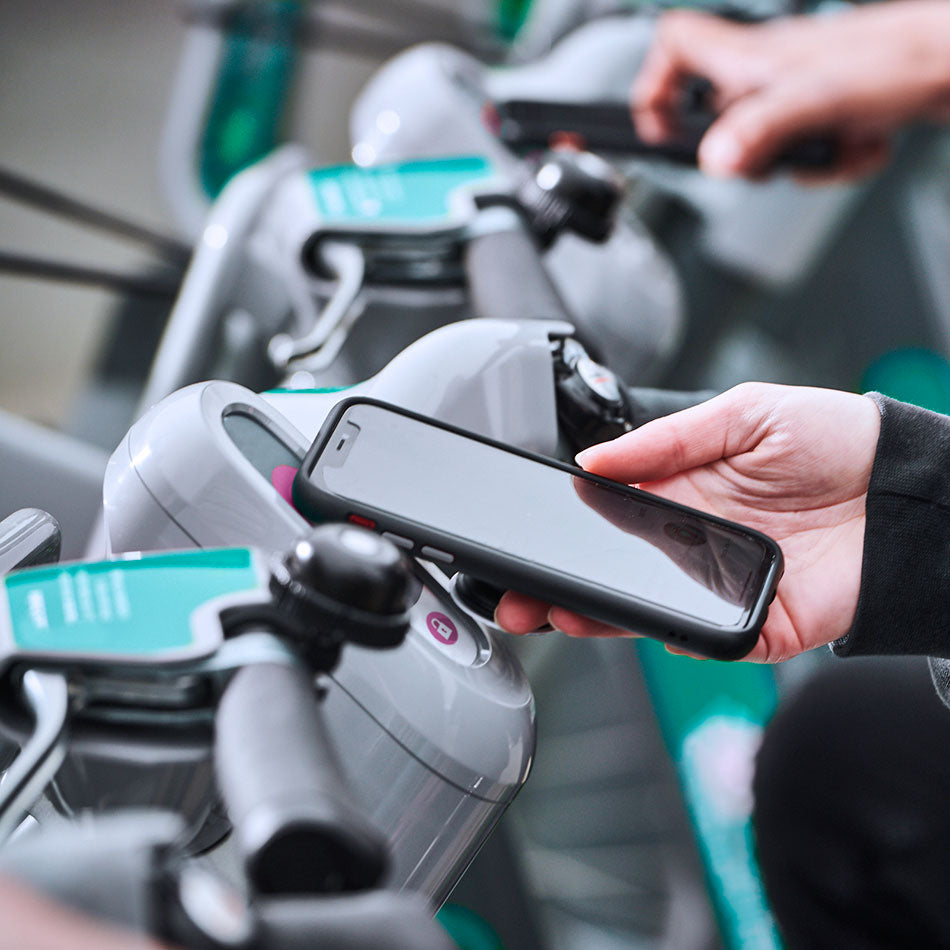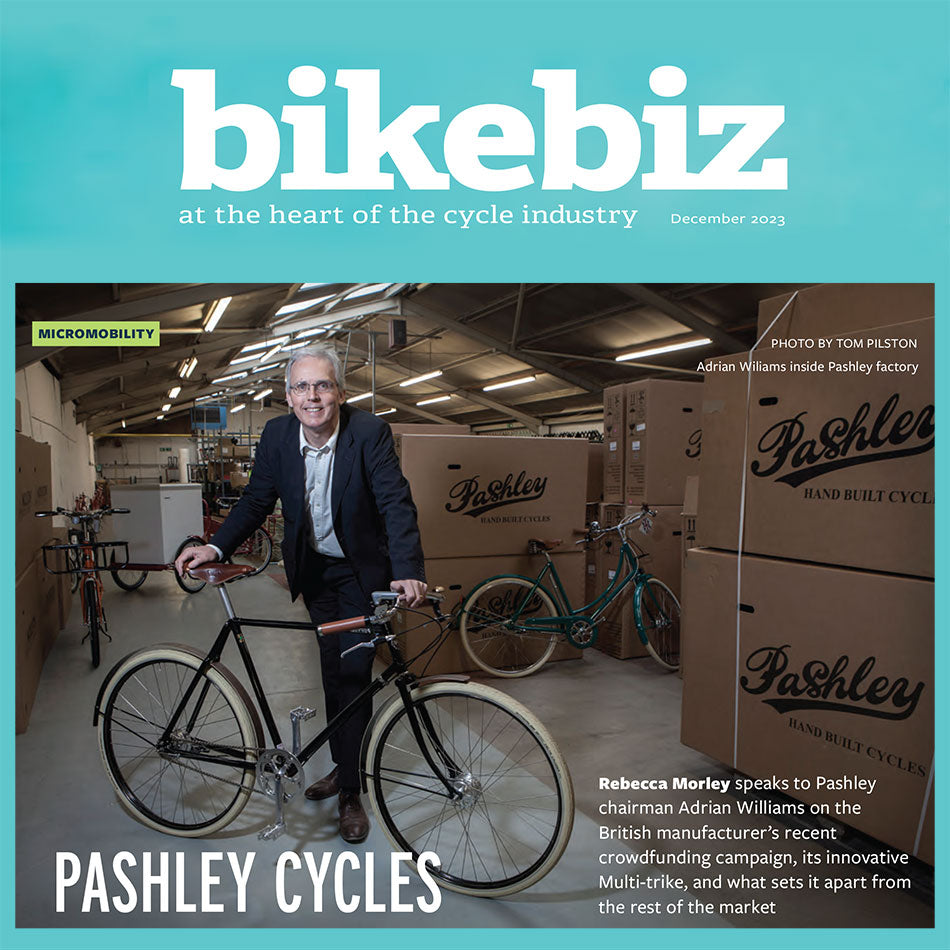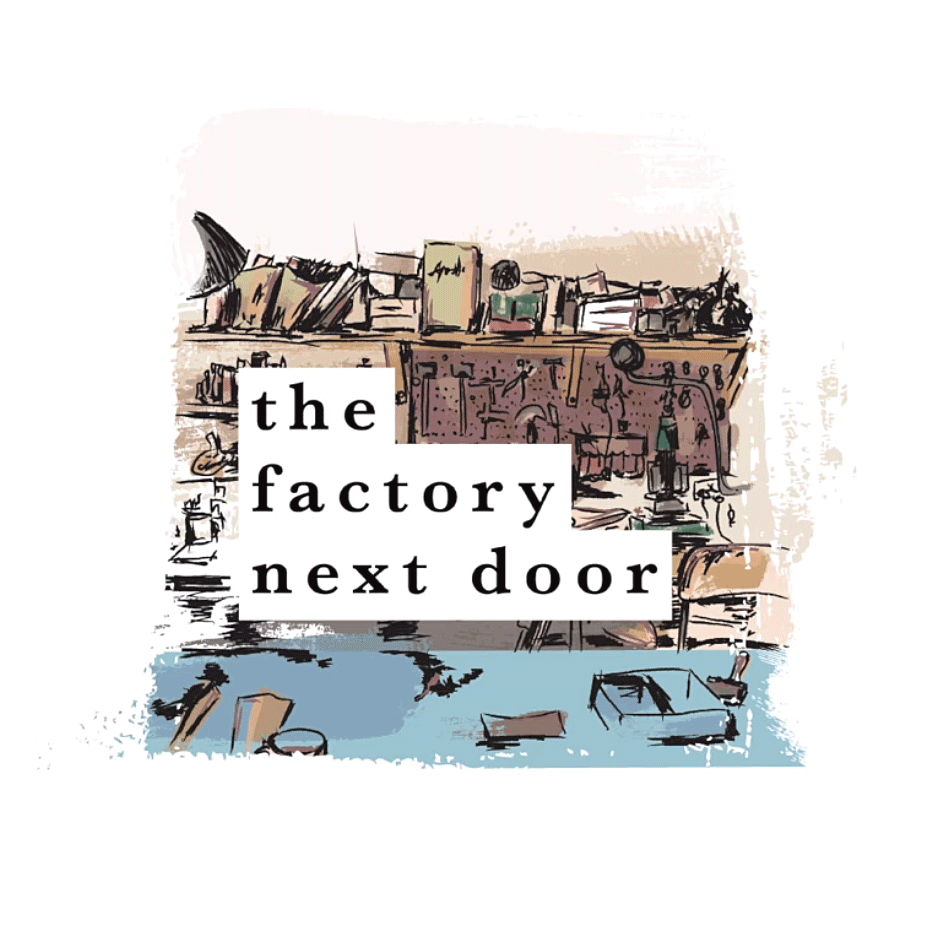Smart technology is out to improve and grow the increasing number of public bike share schemes being deployed across the UK and in Europe – and it’s all about giving bikes a ‘brain’.
Pashley Cycles may be synonymous with classic loop frames and wicker baskets, but perhaps surprisingly, this 97-year-old business, Britain’s oldest bicycle maker, has a major role in the growing sustainable transport market.
One of its key involvements is in bike share schemes, being introduced by an increasing number of local authorities to reduce pollution and improve urban environments.
Pashley is already the manufacturer behind the award-winning bike for the London and the West Midlands cycle schemes, and it’s now developed a ‘smart’ new approach, giving hire bikes a ‘brain’, so that they can gather, communicate and receive data.
That places the intelligence in the bike, rather than the dock, meaning wired-in docks are no longer required. Instead, bikes connect to ‘the back office’ over the air, via an app.
And that makes bike hire schemes less complex and less expensive to install, because you don’t need to obtain planning consent or dig up roads to lay wires.
The ‘intelligent’ bike locks into a special dock Pashley has developed, which sits on a platform that can be positioned in areas of greatest demand.
Bikes are not ‘free-floating’ as in many other schemes, often resulting in bikes littering the pavement. Instead, riders are encouraged to use the docks, which are simple to operate via a mobile phone app.

Pashley’s aim is to enable more people to cycle, whether it’s commuting or for leisure, as Chairman Adrian Williams says:
“By developing smarter technology, we can develop smarter schemes. Giving the ‘brains’ to the bikes means that docking stations become more flexible and can be provided at lower cost. It also supports sustainable transport, enabling more people to access and enjoy the benefits of cycling."
“For Pashley, having our own full bike share solution for 2024 opens up new opportunities for us in this market, particularly in the private sector, where we have seen a surge in interest from residential quarters and corporate fleets. Smart communications technology provides us with opportunities to grow and make the management of thousands of daily journeys on public hire bikes accurate and more efficient.”
Pashley entered the bike share sector in 2017 when it won the contract to design and manufacture the new ‘Boris bike’. Pashley’s British designed and manufactured fleet bike is now seen on the streets of both London and the West Midlands, with tens of thousands of trips made on them every day.
The world of bike share is just one area in the rapidly growing sustainable transport market that Pashley is innovating in - with an award-winning e-cargo cycle also in production, and the launch of its first leisure e-bike on the cards for 2024.
The company is currently seeking investment to support its growth in these areas – although it’s not a departure from tradition.
“Many people know Pashley for our beautiful classic leisure bikes and are really surprised to hear about our products for business and the technology we are developing,” Mr Williams added.
“But bicycles for business use have always been a big part of our success - from the butchers’ bikes of the 1920s to Royal Mail’s delivery fleet in the 1990s & 2000s. It’s very much rooted in our DNA, and whilst we are incredibly proud of our British heritage - and the fact we still hand-build every cycle at our factory in the Midlands – our innovation and technological developments show that we have our eyes firmly on our future success.”
To learn more about Pashley's micromobilty and bike share products, click here























